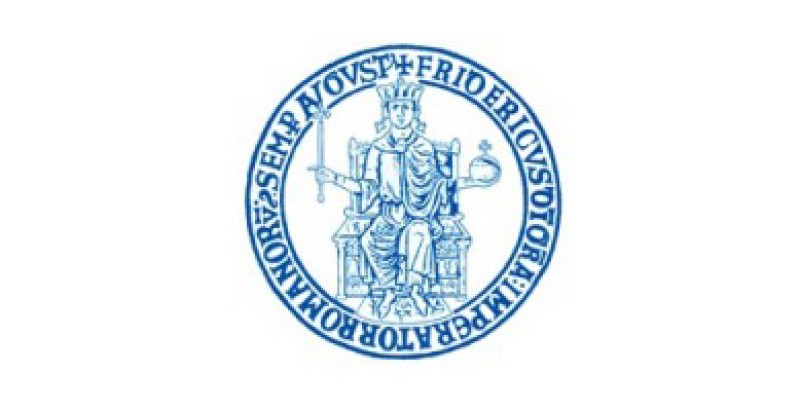Sub-theme 63: Digital Transformations: Technology, Organization and Governance in the Algorithmic Age
Call for Papers
The importance of digital technologies for organizational, social and economic activities and a growing focus on data collection
and privacy concerns have made developments in the digital domain a key concern in public discourse and organizations. States
are tracking citizens online, governments filtering the internet at will, and businesses use personal data for commercial
purposes (Deibert et al., 2010; DeNardis, 2014; Mayer-Schönberger & Cukier, 2013).
Furthermore, the reliance
on 'big data' and algorithms in strategy, knowledge production and governance accentuate the need to explore the relationship
between developments in digital technology and organizational transformations (Constantiou & Kallinikos, 2015). We see
that many private businesses, such as Google, Facebook, Apple or Yahoo, as well as traditional companies, are pivotal to this
new approach of collecting, analyzing, and using data on a massive scale which intersects with new practices, ethical concerns
and political implications on a societal level (Gillespie, 2013; Zuboff 2015).
There is an urgent need to address
questions about the scope, influence, interests and power of private organizations with regard to the potential and real benefits
of these digital transformations for wider society, as well as a need for reflections on future avenues for research on digital
technologies in organization and management studies. This sub-theme invites the EGOS community to explore such intersections
between digital technologies, organization and governance.
There are two main reasons to direct scholarly attention
to this area. Firstly, the ubiquity of digital technologies has implications for work practices and the ability to see, know
and control organizational processes (Orlikowski & Scott, 2013). These developments invite us to consider the ramifications
of digital infrastructures for broader questions about power, transparency and autonomy. For example, the increased reliance
on algorithms might reduce people's capacity to learn, solve problems and make decisions on their own (Newell & Marabelli,
2015). Secondly, for much of the last decade concerns about states abusing the internet were mostly voiced towards practices
of 'authoritarian' or 'non-democratic' political contexts, most notably China, Russia, Turkey and other countries. In recent
years, this debate has completely changed as those concerns are now warranted with regard to most liberal democracies in the
'West', and the global politics of the internet is an increasingly visible issue area in global politics and governance (Deibert
et al., 2010; Flyverbom, 2011).
We invite conceptual and empirical papers that address organizational, technical
and governing issues related to the 'algorithmic age'. Topics of interest include but are not restricted to the following:
- How the rise of digital technology and data shape work practices and organization, management and governance arrangements;
- he growing focus on data as a resource for economic, organizational and regulatory developments, including the widespread excitement about 'big data', digitalization and algorithms and their organizational consequences;
- Discussions of the socio-materiality of digital technology and how it interrelates with issues of power, autonomy and transparency in management processes in organizations;
- The largely covert operations of state- and private actors in data aggregation and algorithmic analysis to increase surveillance and profiling;
- The unclear relations between companies and governments in the internet domain, including their roles and responsibilities in advocacy, policy debates and lobbying efforts;
- How rational choice theory is 'translated' into algorithms as rational tools including analysis of a the interplay of humans and objects in the production of knowledge and the maintenance of rationality;
- The growing focus on data protection and privacy, and the pressure for corporations to be more transparent about their collection, use and re-circulation of data.
References
- Constantiou, I.D., & Kallinikos, J. (2015): "New games, new rules: big data and the changing context of strategy." Journal of Information Technology, 30 (1), 44–57.
- Deibert, R.J., Palfrey, J., Rohozinski, R., & Zittrain, J. (eds). (2010): The Shaping of Power, Rights, and Rule in Cyberspace. Cambridge, MA: MIT Press.
- de Nardis, L. (2014): The Global War for Internet Governance. New Haven: Yale University Press.
- Flyverbom, M. (2011): The Power of Networks: Organizing the Global Politics of the Internet. Cheltenham: Edward Elgar.
- Gillespie, T.L. (2013): "The Relevance of Algorithms." In: T. Gillespie, P. Boczkowski & K. (eds.): Media Technologies: Paths Forward in Social Research. Cambridge, MA: MIT Press.
- Newell, S., & Marabelli, M. (2015): "Strategic Opportunities (and Challenges) of Algorithmic Decision-Making: A Call for Action on the Long-Term Societal Effects of 'Datification'." The Journal of Strategic Information Systems, 24 (1), 3–14.
- Orlikowski, W.J., & Scott, S.V. (2013): "What Happens When Evaluation Goes Online? Exploring Apparatuses of Valuation in the Travel Sector." Organization Science, 25 (3), 868–891.
- Mayer-Schönberger, V., & Cukier, K. (2013): Big Data: A Revolution That Will Transform How We Live, Work and Think. London: John Murray.
- Zuboff, S. (2015): "Big Other: Surveillance Capitalism and the Prospects of an Information Civilization." Journal of Information Technology, 30 (1), 75–89.


